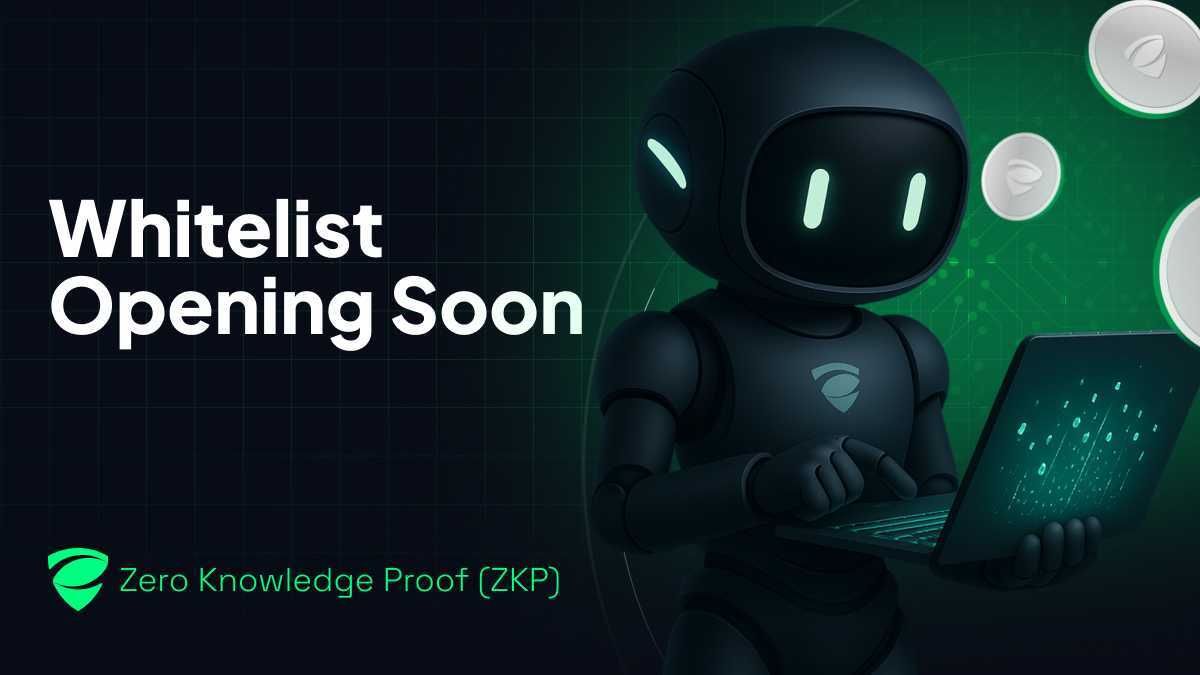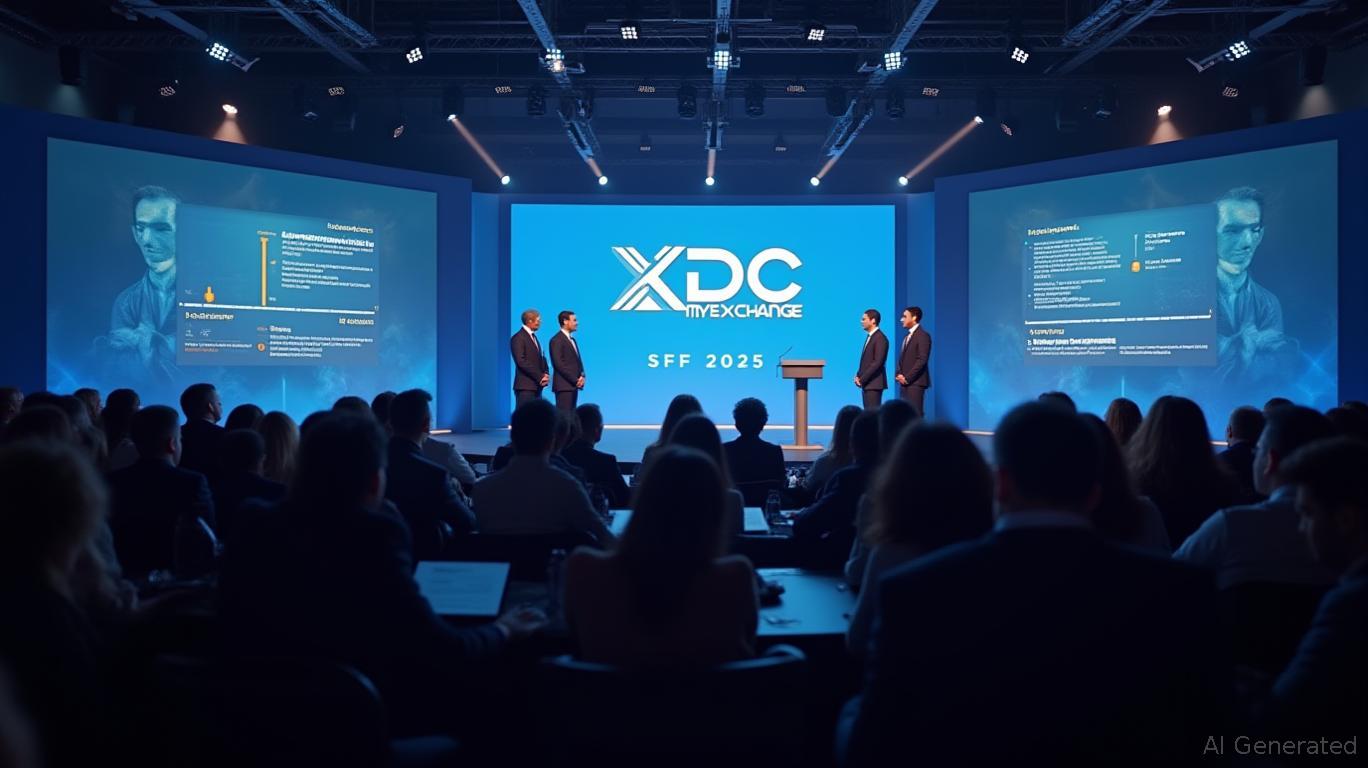Breaking Down Barriers in Blockchain: Brevis Handles 130 Million zk Proofs Each Month
- Brevis, a Web3 platform, processes 130M monthly zero-knowledge proofs via its zk coprocessor network, addressing blockchain scalability and interoperability challenges. - Its architecture offloads computation off-chain while verifying on-chain, reducing gas costs and enabling cross-ecosystem trustless logic through "chain fence" elimination. - With 97K+ users, 30+ global partners, and optimized parallel processing, Brevis aims to establish a foundational zk data layer for real-time smart contract verific
Brevis, an innovative Web3 platform, is transforming the blockchain sector through its zero-knowledge (zk) coprocessor network, which handles more than 130 million zk proofs every month. This milestone, as noted in
The platform’s swift growth is reflected in its community of over 97,000 users and 30 international partners, which include leading blockchain initiatives. Brevis’ system shifts heavy computation off-chain while confirming outcomes on-chain, which lowers gas fees and boosts efficiency. This approach empowers developers to run advanced calculations without straining blockchain resources, all while ensuring openness and reliability. According to the same report, Brevis’ capability to break down “chain fences”—the boundaries between different blockchain environments—has cemented its leadership in the zk field.

From a technical perspective, Brevis utilizes parallel processing and refined circuit designs to deliver highly efficient computations. Advances in hardware have pushed proof generation to unprecedented speeds, allowing the platform to maintain a balance between privacy, security, and performance. While the company highlights its collaborations with key industry figures, the analysis does not disclose specific partners. These alliances, together with rising interest in verifiable computation, have propelled Brevis’ adoption.
Looking forward, Brevis intends to become a core infrastructure layer for Web3 by connecting decentralized platforms. Its zk data layer supports instant verification of off-chain computations for smart contracts, simplifying workflows for developers. The platform’s achievements have already drawn global interest, with its user base approaching 100,000 and new partnerships forming regularly. Experts believe Brevis’ methodology could redefine standards for decentralized computation, making it both practical and lucrative, as the report concludes.
Disclaimer: The content of this article solely reflects the author's opinion and does not represent the platform in any capacity. This article is not intended to serve as a reference for making investment decisions.
You may also like
How Zero Knowledge Proof (ZKP) Could Redefine Performance Standards in Decentralized AI Systems

Everyone Laughed at This Cute Bear Token Until the Milk Mocha Whitelist Started Filling Fast

Ethereum Updates: Blockchain-Based RWA Tokenization Fuels $1.4 Billion Growth in Retail Investments

Ethereum News Update: XDC and Myexchange: Uniting Institutional Standards with Decentralized Advancements at SFF 2025
- XDC Network and Myexchange will host a Singapore Fintech Festival 2025 event to advance staking, stablecoins, and institutional-grade blockchain infrastructure. - Republic Technologies plans to expand Ethereum staking operations, emphasizing security and compliance to meet institutional transparency demands. - Xandeum transitions to DAO governance for staking rewards, aligning with decentralized decision-making trends after $8M TVL and 15% APYs in automated distributions. - Bernstein rates SharpLink "Out
